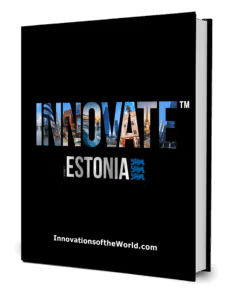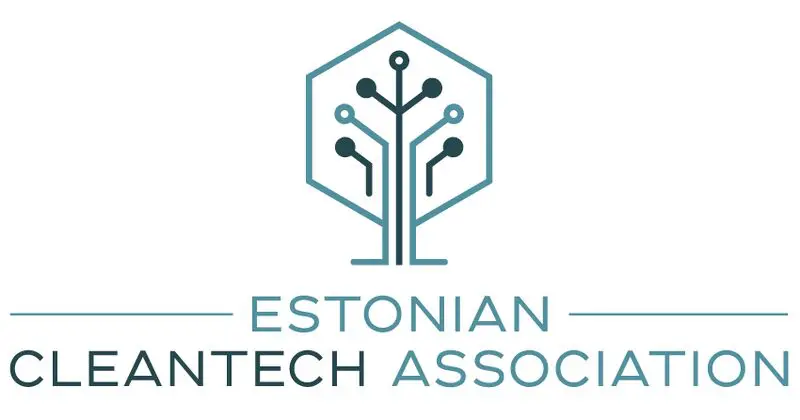The technologies that fall under its umbrella shift over time—new breakthroughs emerge, trends take the podium, and success stories in sector X blind us to what’s happening in sectors Y and Z. It gets even trickier when you realize cleantech isn’t just a sector—it’s a mindset. It’s a commitment to solving some of the world’s toughest challenges with innovation that balances environmental responsibility and economic opportunity. And at the same time, it’s a simple technological-economical progress. A (r)evolution to those seeking a world-changer attitude. All technology has to evolve, otherwise we’d be stagnating and that is something we can not do, as industries as heavy polluters and producers, need to become more “everything” -efficient, cleaner, cheaper, better.
Cleantech is not static; it evolves as we evolve. Twenty years ago, it was about wind turbines and solar panels, heralding a clean energy revolution. Today, it’s also about bio-based materials, energy storage, carbon capture, and circular economy solutions that challenge our throwaway culture. Tomorrow, it will be something we can’t yet imagine—but that’s the beauty of it.
What’s even more fascinating is that cleantech’s impact isn’t just about the technologies themselves. It’s about the ripple effects they create. A solar panel is not just a product—it’s access to electricity for an off-grid village. A bioplastic isn’t just a material—it’s a pathway to reducing global waste. Cleantech isn’t just about innovation; it’s about transformation—of industries, communities, and even how we define success.
I’ve seen firsthand how cleantech startups can ignite change, not just in their own sectors but across entire ecosystems. When I co-founded a cleantech accelerator, I thought success would be measured in patents or venture capital raised. But the real success stories are the collaborations that weren’t on anyone’s radar. It’s the unexpected partnerships between governments, startups, and local communities that create the most lasting impact. Now as a co-founder & CEO at a battery waste upcycling startup, this is clear and real – changing the perspective from a “string puller” to an operator has proven that effect.
The takeaway? Cleantech isn’t about chasing trends or shiny new technologies—it’s about staying committed to a purpose bigger than ourselves. It’s about building resilient systems that adapt, inspire, and thrive. So the next time someone asks, “What exactly is cleantech?” my answer is simple: it’s the future—and it’s for everyone.














